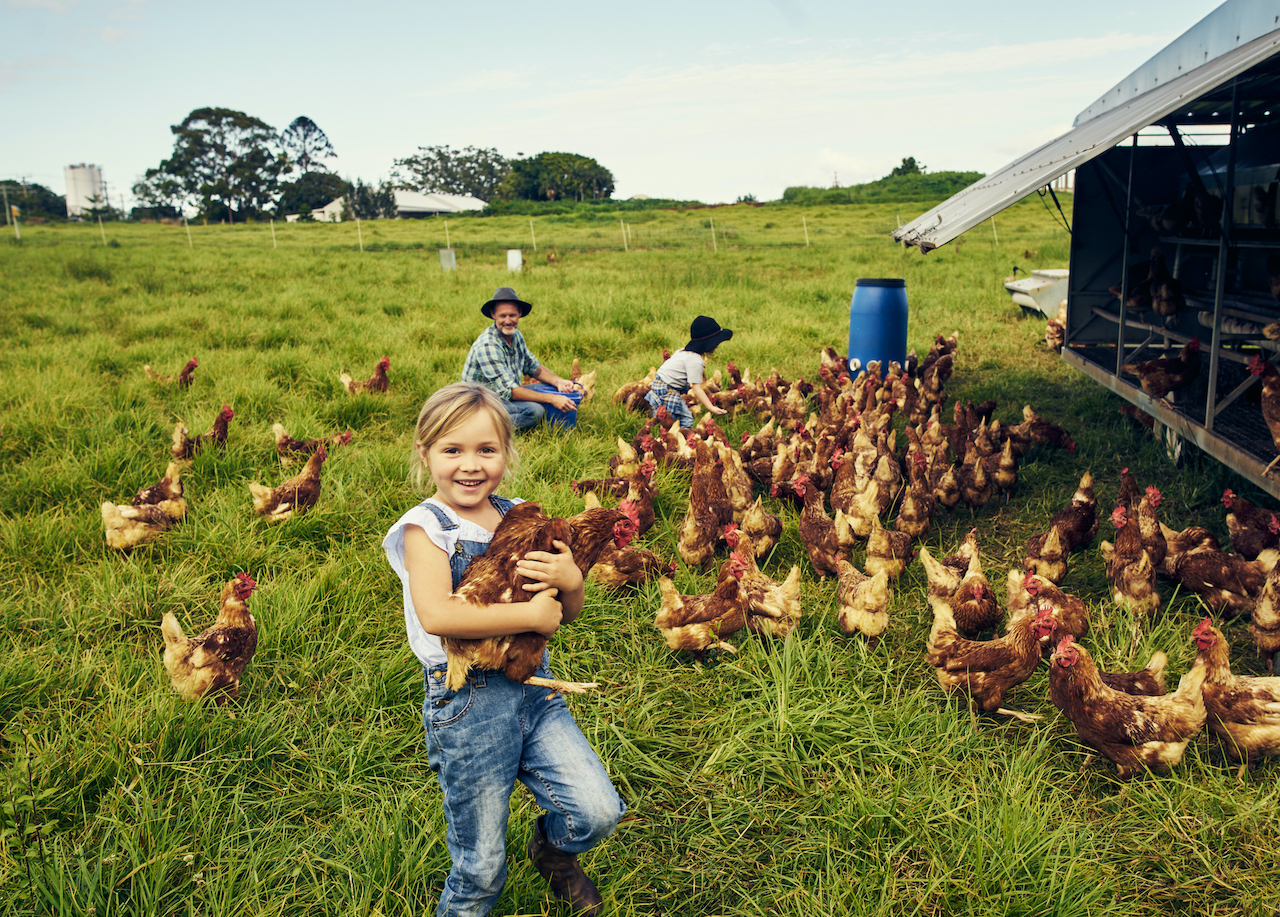
Family Farm Succession: The subtle and critical mix of emotion and money
Family farm succession is a complex topic that can see even the closest families break down if planning is not done properly.
In both New Zealand and Australia, the successful transfer of farms is incredibly important for the families involved, the local communities they are part of and the integrity of our food production.
So how do you balance fairness and equity with varied levels of emotional connection to the family farm when it comes to talking about succession planning with your loved ones?
We often find that farmers are being advised by their accountants on the finances of the farm. This is important, however it is only half the story. The other half is emotion – how the family feels about the farm.
Don’t get me wrong, the numbers are critical – but for successful farm succession planning we need to acknowledge, manage and address how family members feel about it. Otherwise you get a transaction where relationships between family members start to fray, resentments build and no one is happy .
The challenge with farms is that often they are worth a lot of money on paper but in reality their return on investment is often not that good, unless they have water rights and then all bets are off! The big issue that separates them from a normal family businesses is that the business is actually the family home as well.
In recent years, we worked with a family in the South Island of New Zealand. Two sons were starting to take over running the farm and doing a great job. I had a chat with their sister who has lived overseas for 20 years, has a professional job that has nothing to do with farming and when asked her about the farm, she misted up and talked about how she hoped her children will have access to the farm, to her home, to her room in the family house.
This is not simple stuff.
At Family Business Central we have three core tenets to effective family business: honest conversations, transparency and fairness.
Fairness is often the hardest to balance. And please note, fairness does not necessarily mean equal – it’s often a feeling of fairness, of being considered, listened to, opinions respected, even if the outcome does not go their way. For some lucky farming families with numerous assets, if one family member gets the farm then they are able to balance out the financial gain for that family member by passing on the other assets to the other children.
Even in this fairly rare situation, this is only looking at the money – and yes they can square that up, but how do you square up someone else living in your family home, swimming in your family dam, riding the horses in your family paddock, walking through your favourite patch of bush where you used to build huts..?
I’ve had many careers in my life, I’ve been a whale researcher, a child psychotherapist, a motor bike courier, a business consultant, a steely on building sites. The most useful career I had is that of a professional negotiator. And this is what is required when working with farming families.
How do we negotiate successfully?
The best way to do this is to think of currencies when considering the transfer of a farm. Currencies are things both tangible and intangible, that are traded back and forth in a negotiation. So obviously money, buildings, cars, time, etc are currencies. However, there are also emotional currencies. We might let people save face, we listen to people when they rant, we allow them to make an announcement first etc.
The very specific currencies that we use are called Elegant Currencies. An elegant currency is one that is valuable to one party but cheap and/or easy for the other party to provide.
Here’s a personal story: I sold a sailing catamaran many years ago when small babies and racing catamarans just did not mix, unfortunately! The guy who wanted to buy it lived in the Northern Territory was $5000 short. I was desperate to do the sale, so I came up with elegant currencies he could give me. These were:
- Access to the boat for two weeks every year for three years up in the NT
- He would supply me with all the local knowledge of where to sail, plus
- Where the best fish were and what to see
- He would provide me with use of his 4WD
- He would pick me up at the airport and
- He would provide me with accommodation when I was there.
It worked and was the best $5000 I have ever spent.
This is what we do with farms. What are some of the elegant (emotional) currencies that help balance out existing financial currencies so that the family feels there is fairness in the process? Here’s a hint: These are not normally obvious – you really need to work hard to find them and each family is different.
Some examples include:
- Giving all family members access to the farm during school holidays for family get-togethers
- Providing accommodation on the farm free of charge to family members
- Ring fencing the family home so it becomes a holiday home for everyone and a new place built for the family member running the farm
- Family members sharing in some of the revenue of the farm
- Having certain areas of the farm ‘off limits’ to any development so that family members can enjoy it,
Whatever you do, put it all down in writing, get everyone to sign it and review it every couple of years so that it stays relevant.
If you are part of a farming family, it’s essential that you start this conversation early. It takes time and should not be rushed. Each family is unique and will come up with different solutions, however the more you talk (honest conversations), involve everyone (transparency) and get creative around how to manage emotions (fairness) then there is every chance you can do this. Your family is worth both the time and expense this takes.
If you’d like more information about family farm succession planning, please contact us on Philip@familybusinesscentral.com, Bob@familybusinesscentral.co.nz or Viv@familybusinesscentral.com

